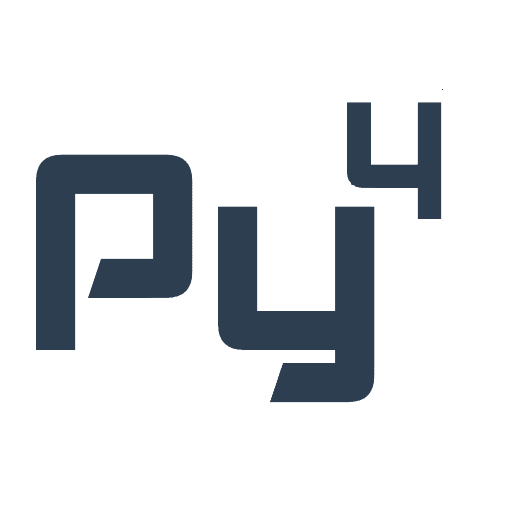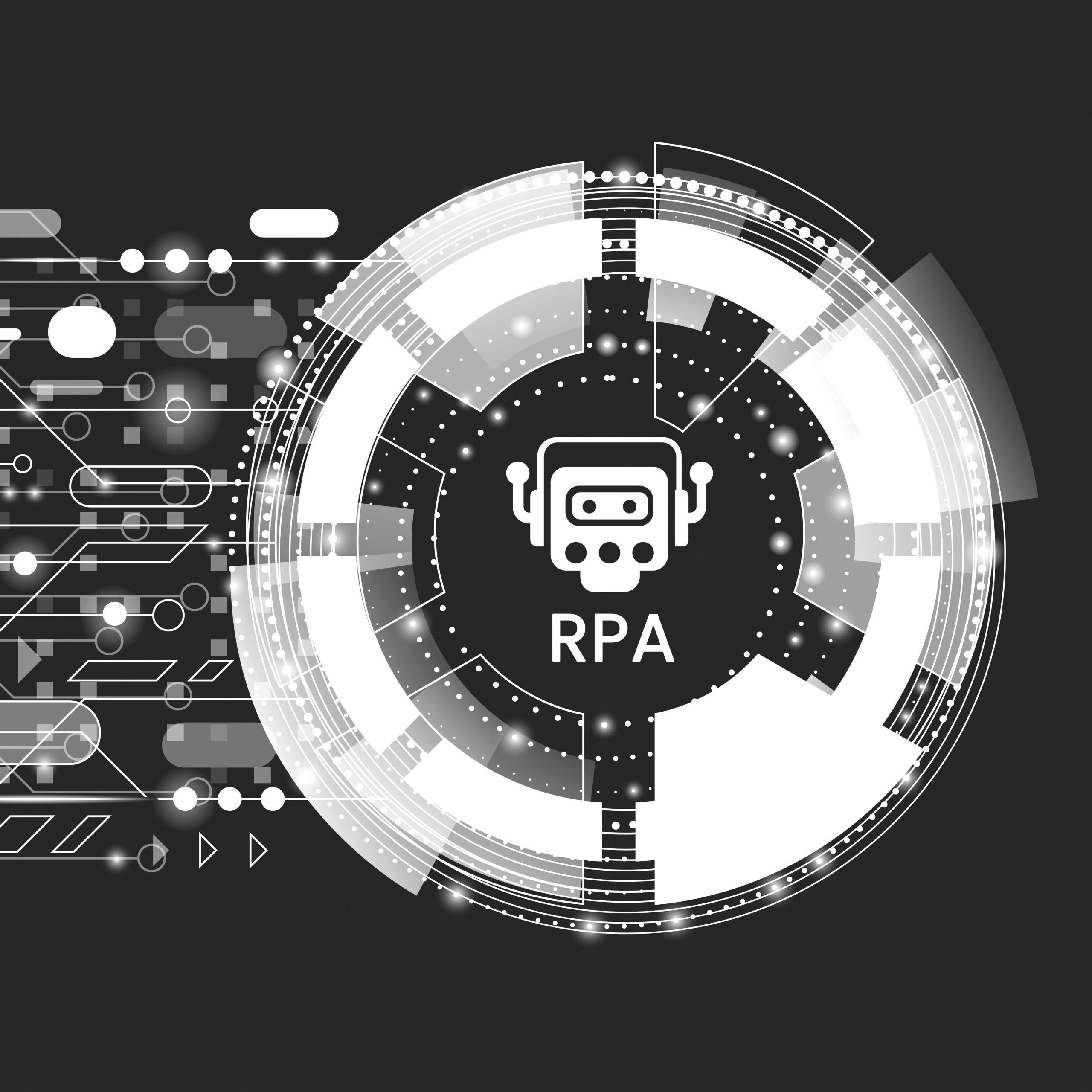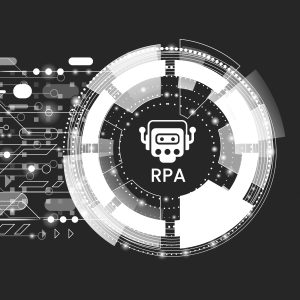Description
In this live in person course, you’ll write your own Python program to automate daily accounting task, such as reconciliations. Then learn how to schedule autonomous execution of Python programs on a Windows PC using Windows TaskScheduler. Learn how to truly automate the boring and mundane with Python while understanding the why and how of what you did.
Python is the most popular and most in demand programming language in the world (https://www.tiobe.com/tiobe-index/). Python is used by large institutions, such as BlackRock and Accenture, to startups. It is used to in everything from automation, Excel macros, web development, machine learning, and everything in between.
Participants will:
- Program a reconciliation program using popular open-source packages
- Schedule the python reconciliation program to automatically run on a set schedule using a Windows PC and Windows Task Scheduler whether the user is logged on or not
In order to be awarded the full credits, you must correctly answer three out of the four polling questions asked during each hour.
Participants will earn 8.0 CPE credit
Field of Study: Computer Software & App
Additional Information
Prerequisites: Basic computer knowledge
Who Should Attend: Everyone
Advanced Preparation: None
Program Level: Basic
Delivery Method: Group Live
Refunds and Cancellations: Requests for refunds must be received in writing by TBD and will be subject to a cancellation fee. No refunds will be granted after TBD minus 1. For more information regarding refund, complaint, and/or program cancellation policies please contact our offices at 484-935-3476. Py4 is registered with the National Association of State Boards of Accountancy (NASBA) as a sponsor of continuing professional education on the National Registry of CPE Sponsors. State boards of accountancy have final authority on the acceptance of individual courses for CPE credit. Complaints regarding registered sponsors may be submitted to the National Registry of CPE Sponsors through its website: www.nasbaregistry.org
Agenda
| Module | Time in Minutes | Objectives
By the end of the session participants will be able to: |
Instructional Method Description
& Key Learning Points
|
| A –Introduction & Python Install | 15 | 1. Install Python on Windows PC
2. Install individual Python packages on Windows PC |
M: Demonstration
KLP : Install Python and Python packages |
| B – Jupyter | 50 | 1. Open, edit and save Jupyter Notebooks
2. Recognize the benefits and limitations of Jupyter Notebooks |
M: Demonstration, Project, Group Discussion
KLP : Edit Code |
| C – Markdown | 50 | 1. Document code, processes, and conclusions using Markdown in Jupyter Notebooks
2. Recognize the benefits and limitations of Markdown |
M : Demonstration, Project, Group Discussion
KLP : Document Code |
| D – Pandas | 50 | 1. Load pandas library into Jupyter Notebook
2. Read Excel file using pandas library 3. Display pandas dataframe in Jupyter Notebook 4. Understand how to create and identify a variable in Python |
M : Demonstration, Project
KLP: Load data for analysis |
| E – Panda Functions | 50 | 1. Use Python operators to create new columns in pandas dataframes
2. Save pandas dataframe as excel or csv files to specified folders |
M : Direct instruction, Demonstration, Project
KLP : Manipulate Data |
| F – Reconciliation | 50 | 1. Combine two panda dataframes using joins or concatenate
2. Remove duplicates in dataframe using panda functions |
M : Direct instruction, Demonstration, Project
KLP : Expand and shrink datasets |
| G – Sharing | 50 | 1. Convert Jupyter notebook to .py, html, pdf and other formats
2. Best practices for storing and sharing code |
M : Direct instruction, Demonstration, Project, Group Discussion
KLP : Share your code |
| H – Task Scheduler | 50 | 1. Create a task in Windows Task scheduler to run a python program on a user defined schedule
2. Create a Python Scheduler program |
M : Demonstration, Project
KLP : Automatically schedule your code to run |
| I – Conclusion | 50 | 1. How to calculate and document time savings from automation on resume
2. How to implement continuous auditing program 3. Recognize costs and benefits to automation |
M : Demonstration, Direct Instruction, Group Discussion
KLP : Get credit for automation |




Reviews
There are no reviews yet.